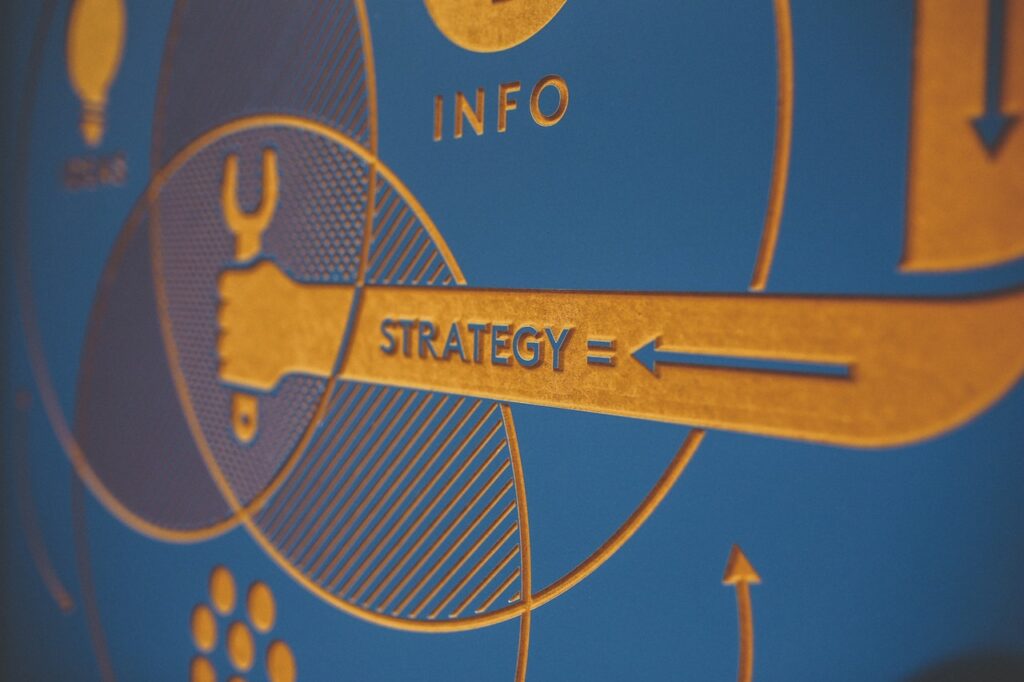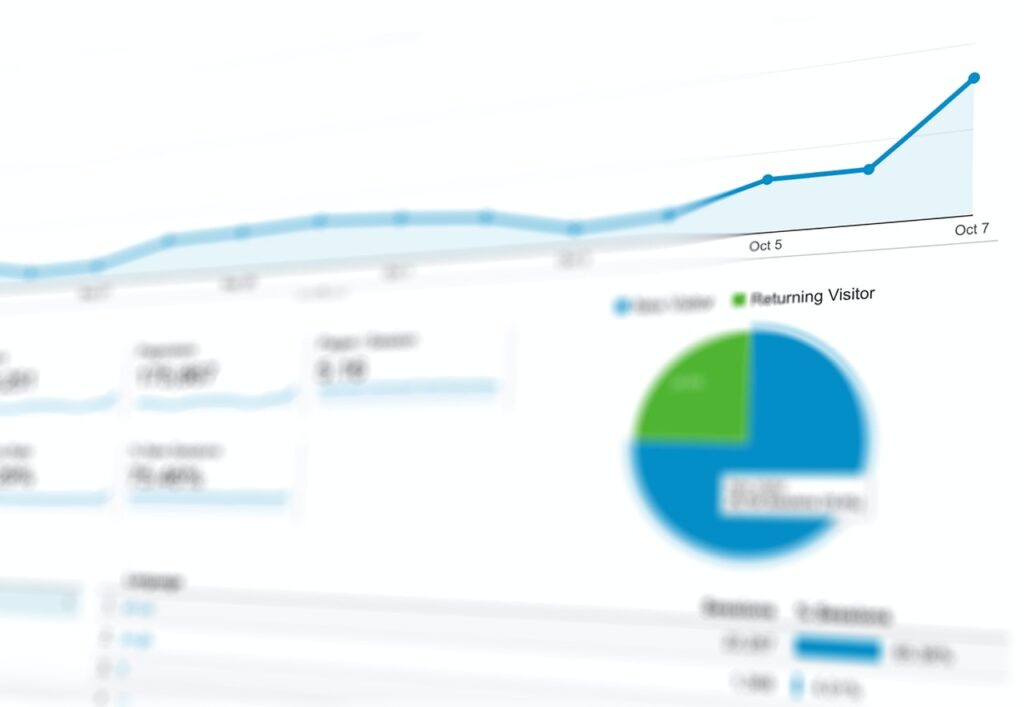Content planning is vital. Fight back against fierce competition by producing a content marketing plan for the new year! By following these 7 steps, you can generate more leads and meet your desired marketing goals.
1. Review Current Performance

Look at where your current marketing efforts are at – your highest and lowest performing content, your frequency of content publishing and your ranking keywords. What works and what doesn’t? Be honest with yourself. This knowledge will be vital in further developing your future content marketing plan.
2. Establish Your 2021 Content Planning Marketing Goals
![]()
We create goals for a reason – to keep us on track for success. Without a target, it is easy to lose focus. Use SMART objectives to set effective goals (specific, measurable, attainable, relevant, and time-bound). Most businesses set out to achieve goals in the following core areas: brand awareness, new leads, lead nurturing, new customers and sales.
3. Content Planning: Research Your Audience

To begin content planning, it is essential to define who you are targeting. What type of content is their favourite? What tone of voice do they respond to? What channels should you be using?
After carrying out extensive audience research, an ideal client profile or customer avatar can be established as a benchmark for the ideal customer, which you can use to target your future content towards.
4. Determine The Type Of Content You’ll Publish

Whilst written content is at the core of many content marketing strategies, other formats (particularly video and podcasts) have grown in popularity over the years. The type of content you choose will highly depend on your target audience and their preferred method of consumption, but it could range from anything from infographics and videos to podcasts, presentations, and webinars. It’s important that you know what the core you are going to create is going to be. You can then repurpose it into other types of content. For example my podcast Cracking Content is based on the blogs I write. You can read more about repurposing in my blog.
5. Create Your 2021 Content Marketing Calendar

A content marketing calendar provides an overview of your content planning and marketing activities, if you have team members they can easily follow the plan and stay on top of tasks. A content marketing calendar often includes: what the content is, stage of the sales funnel, content format, due dates for content’s first draft, publishing date, and promotion channels. It is the best way to stay consistent with your content marketing efforts, which is what drives success.
6. Plan Your Promotion Strategy

Whilst creating content is important, promotion is vital for getting that valuable content out into the world. This will highly depend on your audience and what platforms they use for content consumption, but here are a few suggestions:
Social Media – quick to digest content, can get lost in the masses but is perfect for community-building and establishing genuine trust
Email Marketing – A great way to build a subscriber list of interested customers, informing them about updates to your business
Advertising – Promote content through social media ads or google ads – test content like lead magnets organically first, to check they are appealing to your audience.
7. Measure And Track Your Performance

Executing a campaign is a big enough task, but tracking its performance is just as important! How else are you to know how effective your content marketing strategies were?
To measure performance, establish what metrics you will need to track for your specific goals. For example, which metrics show how many leads you generated? Which metrics indicate audience growth? If you are running Facebook ads, what was the cost per lead?
Specifying these in your content marketing plan will help you follow the results as soon as you start your campaign, establishing quickly what is and isn’t working. Then, you can use these insights to improve the strategy for future campaigns.
Creating a content marketing plan involves a high level of organisation and commitment to long-term marketing goals, but it is what drives a business forward. 2020 was a tricky year for maintaining a consistent content marketing strategy and many content plans had to swiftly change, which is why I recommend planning by the quarter. Brands and businesses that listened to their audience and adjusted their messaging, offers, services, and products have continued to be successful. Being resourceful and resilient has been a vital part of being a business owner in 2020. Using these tips for 2021 will mean you can work towards generating a greater number of leads and sales, producing content that is relevant, timely, and has maximum impact.
What now?
Get started! Download my free 2020/21 content planner here: https://clairewinter.info/freebies/2020-21content-planner/
For more content and writing tips join my free Facebook group: https://www.facebook.com/groups/crackingcontent/

